![Rev Dr Thomas Binney (1798–1874) [Abney House Corner, S/N7]](https://images.squarespace-cdn.com/content/v1/5c31d7e6f8370a4abfaf4fb2/1615133824190-3DEY7RRJGYGR9EU0O341/image-asset.jpeg)
Rev Dr Thomas Binney (1798–1874) [Abney House Corner, S/N7]
Binney was affectionately known as the Archbishop of Nonconformity. He was an active member of the British and Foreign Anti-Slavery Society and chaired an event at the first World Anti-Slavery Convention in 1840. Thomas Binney assisted the African-American abolitionist Samuel Ringgold Ward by providing him with contacts when he came to Britain and later became the biographer of Sir Thomas Foxwell Buxton, a leading parliamentary abolitionist.
![Rev Aaron Buzacott (1829–81) [Yew Walk, S/L9]](https://images.squarespace-cdn.com/content/v1/5c31d7e6f8370a4abfaf4fb2/1615133912857-RBFRWVBJW7I8Y1K6N09C/rev-aaron-buzacott-520x340.jpg)
Rev Aaron Buzacott (1829–81) [Yew Walk, S/L9]
Rev Buzacott was the second Secretary of the British and Foreign Anti-Slavery Society (subsequently known as Anti-Slavery International). With slavery abolished in North America in 1865, he continued to carry out research and publish work with Joseph Cooper designed to help abolish slavery elsewhere, particularly in the Middle East, Turkey and Africa.
![Josiah Conder (17 September 1789–27 December 1855) [South Boundary Road A, N Ranks/M9]](https://images.squarespace-cdn.com/content/v1/5c31d7e6f8370a4abfaf4fb2/1615134080277-5MKQKB0YHTXHDX86Z1HX/josiah-conder-520x340.jpg)
Josiah Conder (17 September 1789–27 December 1855) [South Boundary Road A, N Ranks/M9]
Josiah Conder was a bookseller, poet and author. His political work included a tract on the superior value of free labour over slave labour. In 1839 he became a founding Committee Member of the British and Foreign Anti-Slavery Society. In this role he was an organiser of, and delegate to, the world's first Anti-Slavery Convention, which was held in London in 1840 – an event depicted in a large painting by Benjamin Haydon that hangs in the National Portrait Gallery, London.
![Rev Dr Alexander Fletcher (1787–1860) [Road E, N/N16]](https://images.squarespace-cdn.com/content/v1/5c31d7e6f8370a4abfaf4fb2/1615134164558-HQ5I3B3DEZHEG5C4AHR6/rev-dr-alexander-fletcher-520x340.jpg)
Rev Dr Alexander Fletcher (1787–1860) [Road E, N/N16]
Known affectionately as ‘The Prince of Preachers to Children’, Fletcher is widely acknowledged as the pioneer of preaching to audiences of children and attracting large crowds of young people to nonconformist chapels. He is the author of numerous devotional works and the founder of the Finsbury Chapel in London. Fletcher is also noted for his support of missionary work and for the abolition of slavery in the United States and has associations with Moses Roper and Frederick Douglass
![Samuel Morley (1809–1886) [Dr Watts Walk, W/M6]](https://images.squarespace-cdn.com/content/v1/5c31d7e6f8370a4abfaf4fb2/1615134229526-D3RXY5QAR0GZFG4IQ911/samuel-morley-520x340.jpg)
Samuel Morley (1809–1886) [Dr Watts Walk, W/M6]
Samuel Morley was MP for Nottingham and for Bristol. He work hard for nonconformist emancipation and endowed Morley College for adult education. Morley was a supporter of abolitionism and became treasurer of the fund to finance Josiah Henson, an escaped American slave, who was given support in Britain.
![Rev Dr John Pye-Smith (1774-1851) [Dr Watts’ Walk, E/L6]](https://images.squarespace-cdn.com/content/v1/5c31d7e6f8370a4abfaf4fb2/1615134295374-IJ41929ZY9UWVZHEFEBE/rev-dr-pye-smith-520x340.jpg)
Rev Dr John Pye-Smith (1774-1851) [Dr Watts’ Walk, E/L6]
John Pye-Smith was a Congregationalist theologian and scholar and worked throughout his life for the abolition of slavery. He took over the editorship of the Sheffield Iris, the leading abolitionist newspaper in the North of England, during the imprisonment of its editor, his friend, James Montgomery. Later, in 1830, Pye-Smith was Chair of the Board of Congregational Ministers when it passed an anti-slavery motion to secure support from all Congregational chapels across the country in petitioning parliament.
![Rev Dr Thomas Binney (1798–1874) [Abney House Corner, S/N7]](https://images.squarespace-cdn.com/content/v1/5c31d7e6f8370a4abfaf4fb2/1615133824190-3DEY7RRJGYGR9EU0O341/image-asset.jpeg)
![Rev Aaron Buzacott (1829–81) [Yew Walk, S/L9]](https://images.squarespace-cdn.com/content/v1/5c31d7e6f8370a4abfaf4fb2/1615133912857-RBFRWVBJW7I8Y1K6N09C/rev-aaron-buzacott-520x340.jpg)
![Josiah Conder (17 September 1789–27 December 1855) [South Boundary Road A, N Ranks/M9]](https://images.squarespace-cdn.com/content/v1/5c31d7e6f8370a4abfaf4fb2/1615134080277-5MKQKB0YHTXHDX86Z1HX/josiah-conder-520x340.jpg)
![Rev Dr Alexander Fletcher (1787–1860) [Road E, N/N16]](https://images.squarespace-cdn.com/content/v1/5c31d7e6f8370a4abfaf4fb2/1615134164558-HQ5I3B3DEZHEG5C4AHR6/rev-dr-alexander-fletcher-520x340.jpg)
![Samuel Morley (1809–1886) [Dr Watts Walk, W/M6]](https://images.squarespace-cdn.com/content/v1/5c31d7e6f8370a4abfaf4fb2/1615134229526-D3RXY5QAR0GZFG4IQ911/samuel-morley-520x340.jpg)
![Rev Dr John Pye-Smith (1774-1851) [Dr Watts’ Walk, E/L6]](https://images.squarespace-cdn.com/content/v1/5c31d7e6f8370a4abfaf4fb2/1615134295374-IJ41929ZY9UWVZHEFEBE/rev-dr-pye-smith-520x340.jpg)
